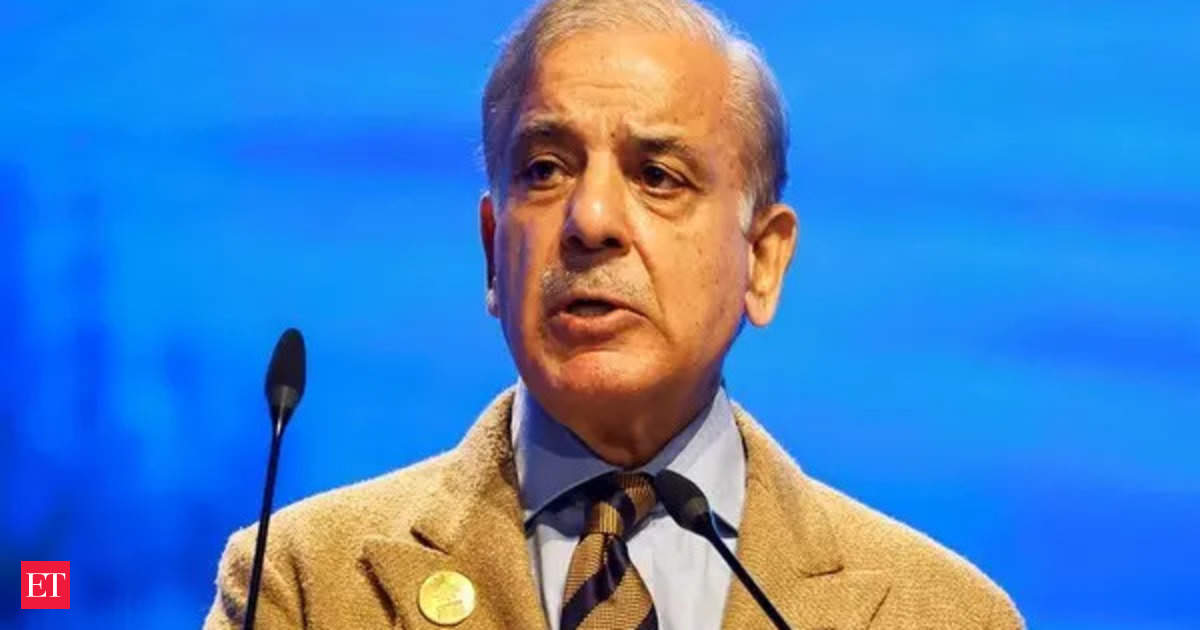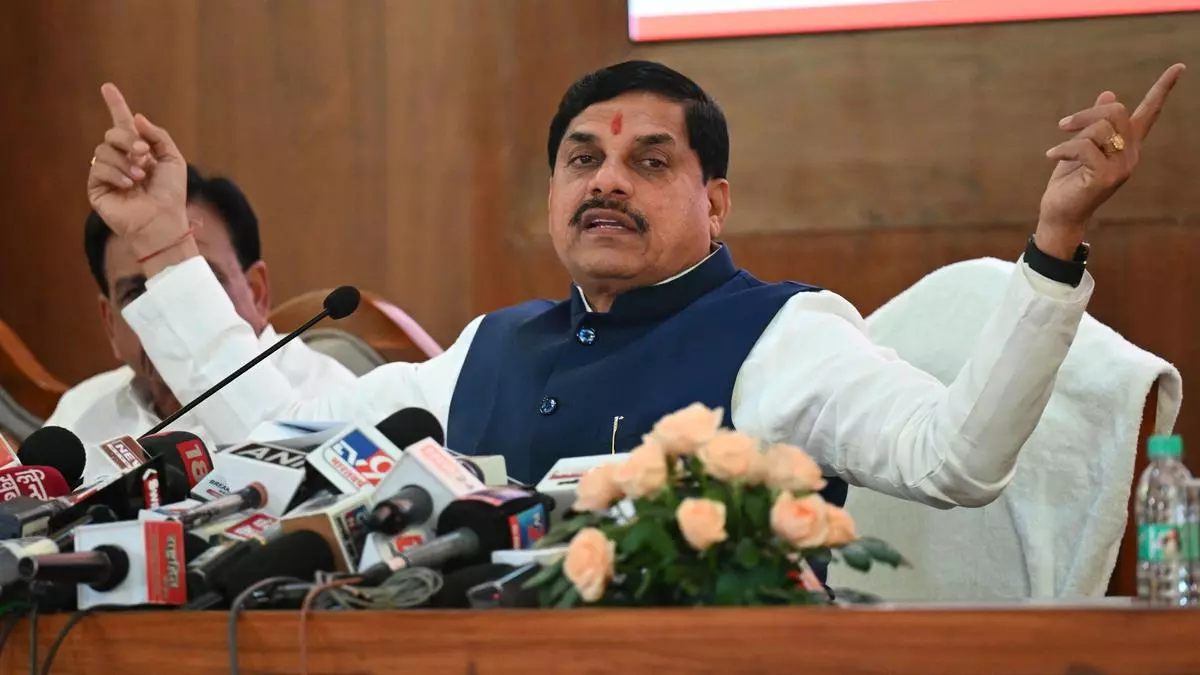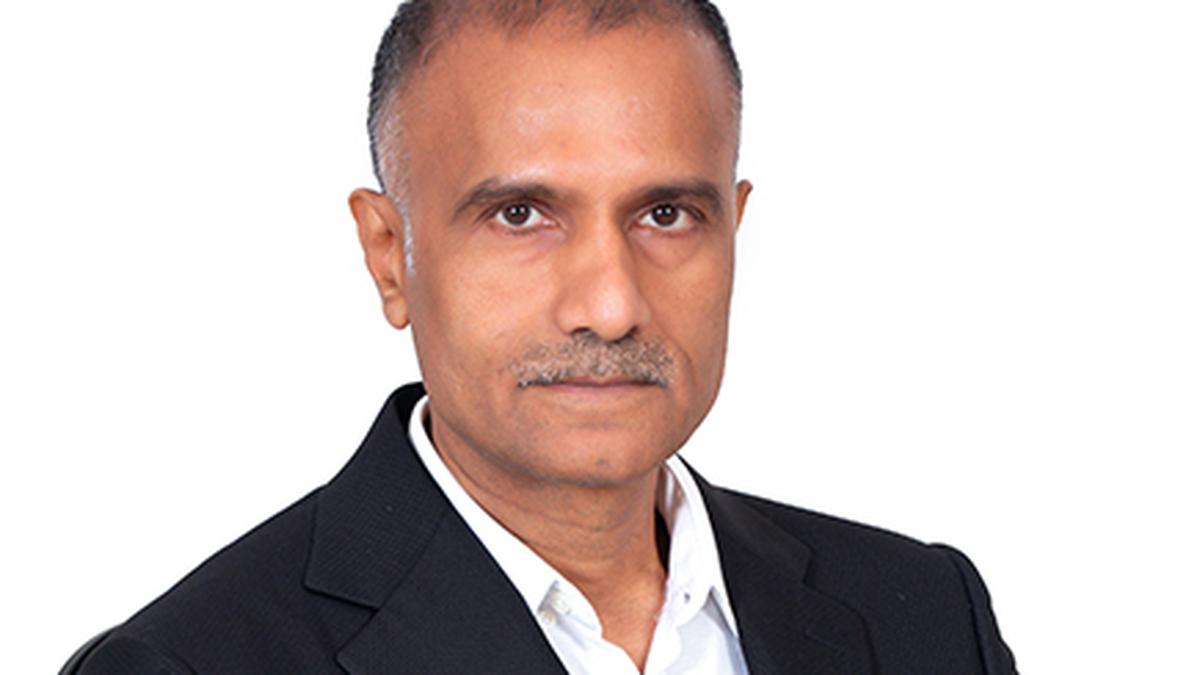Prime Minister-elect Shehbaz Sharif will take the oath of office for the second time on Monday, after his political party, the Pakistan Muslim League-Nawaz (PML-N), and the Pakistan Peoples Party (PPP) agreed on a power-sharing deal. Shehbaz, 72, had previously served as prime minister from 2022 to 2023 in a coalition government before general elections were held last month.
The oath-taking ceremony is scheduled to take place at the President’s House at 3 pm on Monday, with President Arif Alvi officiating. The ceremony is expected to be attended by Army Chief Gen Asim Munir, caretaker Prime Minister Anwarul Haq Kakar, Chief Ministers, and governors from all provinces.
Shehbaz emerged as the consensus candidate of the PML-N and the PPP, securing a majority in the newly-elected Parliament. He received 201 votes out of 336, while his opponent, Omar Ayub Khan of Imran Khan’s Pakistan Tehreek-e-Insaf (PTI) party, secured 92 votes.
During the February 8 polls, the PML-N failed to gain a clear majority but emerged as the largest party with 75 seats out of the 265 contested seats. Shehbaz, known for his political astuteness and administrative skills, was entrusted by his brother, former Prime Minister Nawaz Sharif, to negotiate with like-minded parties for the formation of a coalition government.
Apart from the PPP, Shehbaz gained support from other parties such as the Muttahida Qaumi Movement (MQM-P), Pakistan Muslim League (Q), Balochistan Awami Party, Pakistan Muslim League (Z), Istehkam-e-Pakistan Party, and the National Party.
As the new leader, Shehbaz faces significant challenges, including reforming the country’s struggling economy and improving administration. He is also expected to work towards better relations with neighboring countries for peace and stability.
During Shehbaz’s tenure as chief minister of Punjab from 2008 to 2018, he introduced a network of underpasses, overhead bridges, and mass transit systems in Punjab province. These infrastructure projects were completed in record time.
Shehbaz was born in Lahore in 1951 and graduated from the Government College University. His family migrated from Anantnag in Kashmir to Pakistan in the early 20th century.
This upcoming administration and Shehbaz’s leadership will play a crucial role in shaping the political and economic landscape of Pakistan. The expectations are high as the country looks toward a path of progress under his leadership.










